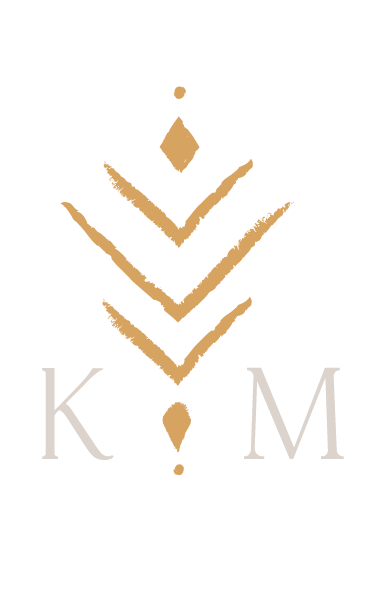
Frequently asked questions.
what is trauma informed care?
aliases: trauma sensitive, trauma conscious, and others
trauma informed care has become a trendy buzz word in the wellbeing world, though it is actually a culture and a way of being. rooted in anti-oppression/racism efforts, as a framework it centers personal/collective lived traumatic experiences, intersectionality, and multiplicitous contexts. from this lens, we understand that people come to us in vulnerable states and it is our responsibility to know how to hold space for them/what the bring in ways that avoid/minimize causing harm, retraumatization, and that celebrates their personal power and choice.
how will your training help me?
the healer’s journey is the medicine. our training is full, experiential in moments, with lots of practical information that you will be able to apply imminently. you’ll learn the principles of trauma informed care, various types of trauma & their holistic impact, how trauma changes the brain, how to avoid retraumatization, responding to triggers, how to care for yourself, & more. it is our hope that any potential areas of bias or blindspots will be illuminated in your self-reflection. by the end of the training and with your continued commitment/exploration, you will have a new foundation and tools to ground your healing work/programs in trauma informed care practices. (some have said, this training has touched their personal life too, I get it.)
how is this training different than others?
this is the only trauma informed care training that centers BIPoC lived experiences. we want our community members to know safety, collaboration, agency, and choice in healing spaces. we have a lot of work to do in this way as a collective. we believe that trauma informed care should be the standard of care and dream of a time when our beloved community members enter healing spaces knowing that they are already whole, that their intuition is celebrated, that they are supported, and that their traumas will be held with care. this training encourages healing-practitioners to engage in meaningful self-inquiry of blindspots and biases particularly in relationship to folks of the global majority. this is the work required ‘to do no harm.’
I’m not a healing-practitioner, can I still benefit from the trauma informed care training?
trauma informed care is relevant for all. most if not all human beings have experienced/witnessed/been impacted by trauma. dr shena has a wealth of experience working with professionals and community members across disciplines, including educators, therapists, and community leaders. if you work with people in any capacity, this training is worthwhile. if you’d like to explore hiring dr shena for training or consultation with your specific needs in mind, tap the button on the homepage to begin the process.
my organization would like to bring you on for a trauma informed care training, how long are they?
dr shena is committed to offering a training/consultation experience that meets you or your organization right where you are. the training is indeed full and is at minimum 5 hours with a lunch break in the middle. some organizations like to split the training into two days with an added on compassion fatigue healing experiential. you’re invited to let us know what feels right for you as a starting point.
you mentioned support a la carte options, what is that?
there are other ways dr shena can support you and your organization. you’re invited to pick and choose services most aligned with what is needed including debriefs/follow ups, copy & materials review, media interviews, and community healing workshops. for a full list and to explore options, you’re invited to send us an email and we will send a menu over to you.
I’m interested in the self-paced online training, will I still get all the things included in the LIVE trainings?
the online training is a great option! the content is the same, you’ll have access to the exclusive digital workbook, and lifetime access to the content. we understand that everyone has a different learning style (& budget) — the online course is a sweet way to take your time with the material and a little easier on the pockets.
